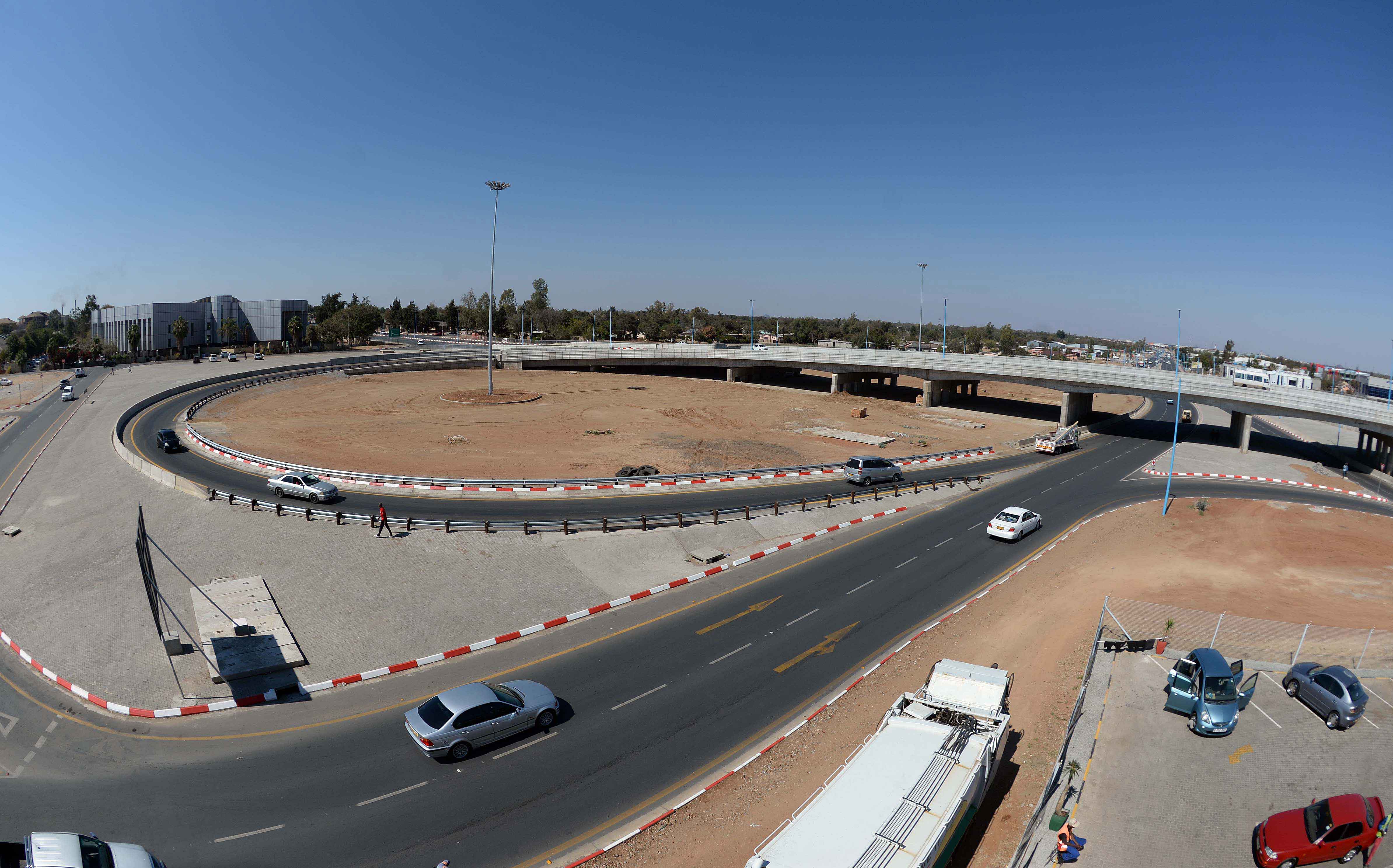- we do not have powers to take decisions -the Mayor
- MP blames centralization
- local Entrepreneur blames leadership
SESUPO RANTSIMAKO
FRANCISTOWN: There is no doubt that the economic development of the country’s second city, Francistown is declining owing to the continuous closure of business activities that have been the backbone of the city, reveals the Mayor.
Despite being the city that discovered gold in 1867 Francistown’s economic development remains in a quandary. Over the past 2 years Ghetto, as Francistown is commonly called by its residents, has experienced the closure of the Tati-Nickel mine which left an estimated 5 thousand employees jobless negatively impacting on the hinterland which includes the second city. Compounding the region’s economic woes Botswana Meat Commission (BMC) Francistown plant shut down.
Worryingly, the private education institutions which could cushion the effects of the closure of the mines and BMC are experiencing the decline in the enrolment of students. This move has left some institutions threatening to close.
Former Francistown Mayor and local entrepreneur Igbal Ibrahim attributed slow development to failure by the city leadership to plan ahead. He said unlike other towns Francistown’s economic development has come to a standstill, therefore it is imperative to revitalize it. The former Mayor attributed the slow economic development on failure by the leadership to implement the policies and decisions taken by the civic leaders that could have helped with the improvement of the city’s economy. “In 1994 when I finished my term as the City Mayor we allocated commercial plots in Gerald Estates. Ideally these plots were meant to create an economic hub but shockingly 24 years down the line the plots remain undeveloped. These plots are strategically located near the railway line and this was deliberately allocated for the easy transportation of goods,” Ibrahim noted.
Ibrahim lamented at the limited number of foreign investors in the city stating that if the city could attract them, like Gaborone, its economic development would have grown exponentially. Ibrahim stated that Foreign Investors are scared of investing in areas where those who have long established businesses complain of policy decisions and economic decline, “Mostly when Foreign Investor want to set up business in a certain city, initially what they do is to interrogate other foreign investors in order to get first-hand information about doing business in the area. But if there are lots of complaints obviously the Investor will be scared to invest their money where the environment is not conducive. It has to be noted mostly what scares the foreign investors are the policies that are not favourable. This is why it is important as the country to come up with clear policies that can easily attract foreign investors,” observed Ibrahim.
The former Mayor believes that the recent political stability in Zimbabwe has negatively affected the Francistown economy, “In the past the Zimbabweans used to come and buy here in large numbers but nowadays ever since there is political stability in their country their numbers have declined. The decline in numbers of Zimbabweans coming here has also affected the buying power that drove the economy of the city.”
In relation to the recent President Mokgweetsi Masisi’s visit to China to borrow developmental funds Ibrahim suggested that instead the President could have invited the Chinese Investors to come and invest in some of the local cities. “I believe if the President could have invited some of the Chinese manufacturing companies to invest in our city, we will succeed in improving the economy,” an optimistic Ibrahim observed.
The City Mayor Sylvia Muzila confirmed that Francistown is lagging behind in development but blamed a lack of a developmental budget, which she says used to help in the city’s developmental growth. “Back in the days councils used to have developmental budgets but nowadays it is very difficult to plan for development because there is no longer developmental budget,” revealed Muzila.
Muzila pointed out that while the Municipality has made an effort to lure investors to the city the task has been thwarted as the council does not have powers to drive real economic development as such power is vested in central government and the Ministers. “We have lot of empty plots and our plan was to allocate them to different investors who are interested in investing in our city but the problem is that we do not have powers to take decisions alone. For the decisions to be taken we have to involve the central government. So I believe if the council was the facilitator we could have managed to lure lots of investors into the city.”
Local Francistown entrepreneur Gadzanani Makopola blamed the government for the slow economic development of Francistown. Makopola said while Francistown’s economy was negatively affected by the closure of mines, government focused solely on Selibe-Phikwe for revitalization.
Makopola pointed out that despite the closure of its surrounding mines Francistown retains its economic potential but the city’s leadership is a problem in its failure to implement decisions. “When the Francistown Investment Forum created the strategy for the City we wanted to prepare for life without mines. Unfortunately due to lack of credible leadership the strategy has failed to take off. If this strategy was implemented the economic development of the city was going to improve tremendously,” noted Makopola who is also the Former Marketing and Sales Director of Francistown Investment Forum.
Francistown East Member of Parliament Buti Billy blamed central government as a negative factor in Francistown’s economic development. Billy raised concern over the lack of Cabinet members from the city, stating this this affected the city’s development. Billy is of the believe that if Francistown had a cabinet representative they could facilitate foreign investment and address the second city’s concerns at the cabinet meetings.

